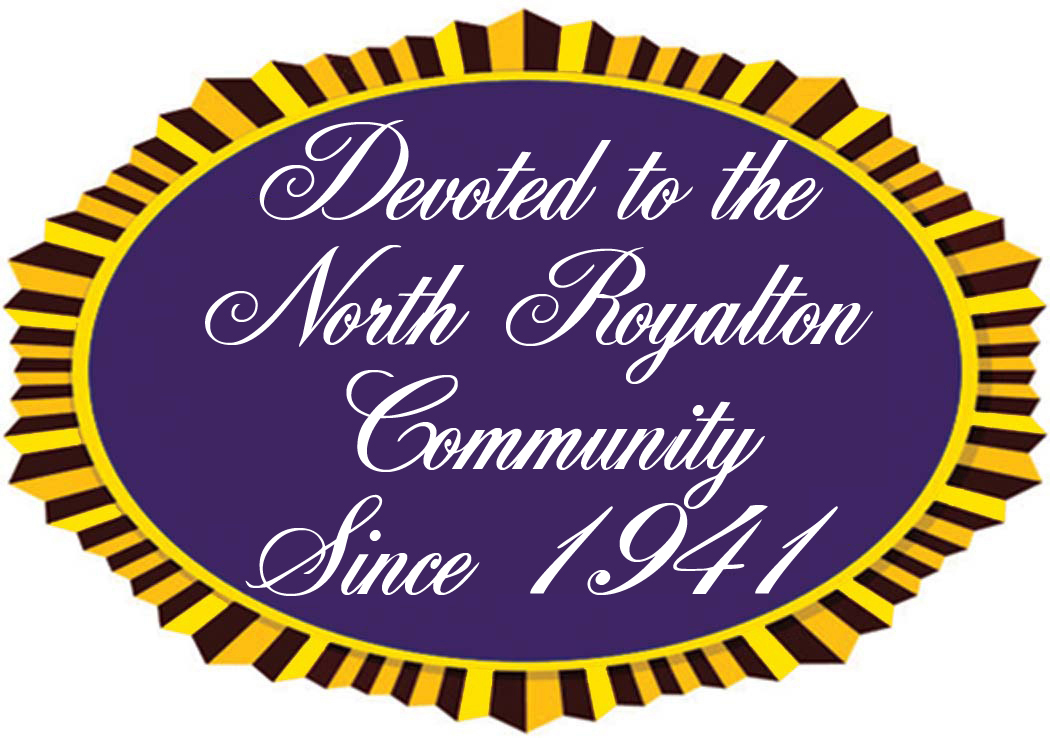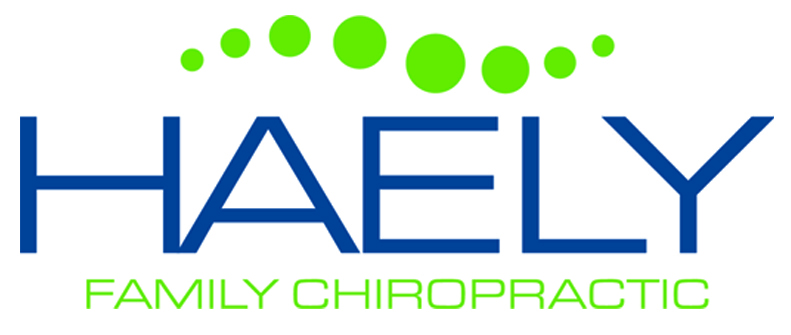The North Royalton City Council adopted two pieces of legislation that will place two charter change issues on the November ballot. The initial discussion on these issues began at the April 6 Council Review and Oversight Committee.
A City Charter, comparable to a constitution of a State or the United States, serves to define the organization, powers, functions and essential procedures of its government. In North Royalton, changes to the charter can come via two methods, both with need the approval of the voters. The first is to introduce proposed changes through City Council, which can be introduced at any time and must be approved by at least five members of Council. The other method is through the Charter Review Commission, which currently is comprised of residents. That process, however, can only take place every four years. The nine residents who sit on this commission are appointed by the Mayor and City Council. The Mayor appoints five members and Council appoints four members.
The following two ordinances, adopted at the May 18 City Council meeting are as follows:
The first ordinance, which was unanimously adopted, will place the question of a Charter amendment on the November ballot to change the section entitled Charter Review Commission. This will allow Council to participate in the process of drafting proposals that the Commission decides to present to the voters and, could ultimately lead to Council being the final deciding factor on which amendments go to the voters. Currently, Council does not have representation on the actual commission, but does appoint four of its members. Once the Commission decides what they would like to place on the ballot as proposed charter amendments, Council is required to confirm the measures without change, as submitted, in order to forward them to the Board of Elections. If this new amendment passes, Council will continue to have a say on who is on the Commission, but will also have a say on the proposed amendments and, may block amendments from going to the voters. As an example, the Charter Review Commission decides to reduce the City Council term limits from twelve years to eight years; the measure would be reviewed by Council. If Council disagrees, the measure will then go to a committee consisting of two charter review commission members, two Council representatives and the President of Council. If all three Council members oppose the amendment, it would not go the voters.
The following is the actual proposed ordinance language. The words that are in ((parenthesis)) would be removed and the wording that is in bold italics will be added:
“ARTICLE XVIII
MISCELLANEOUS
(f) CHARTER REVIEW COMMISSION.
Commencing with the first Council meeting in November, 2002, and every four (4) years thereafter, a Charter Review Commission of nine (9) members and the Law Director shall be appointed in the following manner. The Mayor shall appoint five (5) members to the Charter Review Commission and Council, by majority vote, shall appoint four (4) members to the Charter review Commission. Each member appointed by the Mayor or Council shall have been a resident and qualified elector of the municipality for at least three (3) continuous years immediately prior to his/her appointment, and shall continue to be a resident throughout his/her term of office. No elected official or employee of the municipality shall be eligible to serve on the Charter Review Commission. Each Charter Review Commission shall cease to function after the last day on which issues are required to be certified to the Board of Elections for placement on the ballot for election at the next general election following appointment.
Within seven (7) days of the appointment of the Charter Review Commission, the Director of Legislative Services shall notify each member appointed to the Commission that the Commission shall schedule its first meeting within thirty (30) days after the appointment thereof. At the initial meeting the Commission shall elect one of its members as Chairperson. Any vacancy on the Commission shall be filled by appointment by the Mayor or Council, whomever made the original appointment to the seat declared vacant. A member so appointed to serve in the position where a vacancy was created shall serve as though originally appointed to such position. Members of the Commission shall serve without compensation unless otherwise provided by an ordinance duly adopted by Council. At the initial meeting, the Commission shall, by majority vote, approve rules of organization and procedure.
The Council shall provide funds for the Commission as reasonably necessary. All proposed amendments revisions and alterations to this Charter, approved by a majority vote of any Charter Review Commission, shall be submitted to the Council on or before June 1st of the year following appointment of the Charter Review Commission which shall submit the same ((without alteration)), to the electors for their approval or rejection on a separate ballot at the next general election in November following the appointment of the members of the Charter Review Commission. In the event of a disagreement between the Commission and a majority of Council over the language of a proposed amendment, two members of the Commission and two members of the Council majority and the President of Council shall meet and work collaboratively to determine by majority vote on the actual text of the amendment. The text determined by this committee shall be that submitted to the voters.
If a majority of electors voting on the issues shall approve such amendment, revision or alteration, the same shall become a part of this Charter. When more than one amendment, revision or alteration to this Charter shall be submitted to the electors at the same time, they shall be so submitted as to enable the electors to vote on each amendment, revision or alterations separately. The effective date of approved amendments ((to this section)) shall be contemporaneous with ((immediately upon)) certification by the ((appropriate)) board of elections.
The ballot language, which will be seen by the voters, is as follows:
“PROPOSED CHARTER AMENDMENT
A majority affirmative vote is necessary for passage.
SHALL THE CHARTER OF THE CITY OF NORTH ROYALTON, ARTICLE XVIII, MISCELLANEOUS, SUBSECTION (f), CHARTER REVIEW COMMISSION BE AMENDED TO PROVIDE FOR A PROCESS THAT ALLOWS FOR COUNCIL TO PARTICIPATE IN THE CREATION OF PROPOSED AMENDMENTS AND FOR A COLLABORATIVE RESOLUTION IN THE EVENT OF A DISAGREEMENT.”
The second ordinance was adopted 5-2, with Council President Paul Marnecheck and Ward 1 Council Representative Jessica Fenos casting the dissenting votes. This ordinance will place the question of a Charter amendment on the November ballot which would amend Article XVII, Subsection (b) and to repeal Article XVII, subsection (e) regarding the current method of using a Runoff Election, replacing that section with a new Subsection (e) requiring a spring primary election in the event that more than two candidates file for the offices of Mayor and/or President of Council.
In 2008, North Royalton voters approved the run-off charter amendment by a margin of more than two to one, which is currently used. The amendment changed the charter, allowing for a run-off election for the office of Mayor and/or President of Council when there are more than two candidates, but none receive at least 40% of the total votes. If that situation occurs, then a run-off election takes place on the first Tuesday in December of the top two candidates. The run-off election would only take place under that scenario.
The proposed charter amendment would require that the city hold a spring primary every time there are more than two candidates for the Mayoral or Council President race. The top two vote getters would be on the November ballot. The following is the actual proposed ordinance language.
“ARTICLE XVII
ELECTIONS
(b) ELECTORS’ QUALIFICATIONS; BALLOTS.
Every citizen of the United States who is of the age of eighteen (18) years and over and who has been a resident of the State thirty (30) days, of the County thirty (30) days and of the voting precinct thirty (30) days next preceding the election at which he or she offers to vote, has the qualifications of an elector and may vote at all elections, provided such citizen has registered as a voter with the election authorities in the manner and within the time prescribed by the laws of the State of Ohio. No primary election shall be held for the selection of candidates for any elective Municipal office. The ballots used in all elections provided for in or under this Charter shall be without party mark or designation of any sort. The names of all candidates shall be placed upon the same ballot and shall be rotated in the manner provided by the general laws of the State of Ohio. The form of ballot to be used on all questions submitted to the electors shall, if not specifically prescribed in this Charter, be prescribed by Council at the time the question is certified to the proper election officials for the calling of the election.
(e) RUN-OFF ELECTION.
In any election for the office of Mayor and/or President of Council, when more than two (2) candidates are eligible to be elected, that candidate who receives the most votes and at least forty (40%) percent of all ballots cast for that office shall be elected. If no candidate is elected thereby, a run-off election shall be held on the first Tuesday of December immediately following between the two (2) candidates who received the most votes for that office.”
That would be replaced in the city’s charter, as follows:
“ARTICLE XVII ELECTIONS
(b) ELECTORS’ QUALIFICATIONS; BALLOTS.
Every citizen of the United States who is of the age of eighteen (18) years and over and who has been a resident of the State thirty (30) days, of the County thirty (30) days and of the voting precinct thirty (30) days next preceding the election at which he or she offers to vote, has the qualifications of an elector and may vote at all elections, provided such citizen has registered as a voter with the election authorities in the manner and within the time prescribed by the laws of the State of Ohio. The ballots used in all elections provided for in or under this Charter shall be without party mark or designation of any sort. The names of all candidates shall be placed upon the same ballot and shall be rotated in the manner provided by the general laws of the State of Ohio. The form of ballot to be used on all questions submitted to the electors shall, if not specifically prescribed in this Charter, be prescribed by Council at the time the question is certified to the proper election officials for the calling of the election.
(e) NOMINATIONS, PRIMARY ELECTION.
Candidates for the office of Mayor and President of Council shall be nominated at a non-partisan primary election to be held on the first Tuesday following the first Monday in May prior to the regular election in November. In the event that there not be more than two (2) persons that have filed petitions as provided for in this Charter, then said persons shall be the candidates at the regular Municipal election and the primary for the particular office shall not be held. The name of each person who is nominated in compliance herewith shall be printed on the official ballot at the regular election in November following and no other candidates shall be printed thereon. “
The ballot language, which will be seen by the voters, is as follows:
“PROPOSED CHARTER AMENDMENT
A majority affirmative vote is necessary for passage.
SHALL THE CHARTER OF THE CITY OF NORTH ROYALTON, ARTICLE XVII ELECTIONS, SUBSECTION (b) BE AMENDED AND SUBSECTION (e) RUNOFF ELECTION, BE REPEALED AND IN ITS PLACE A NEW SUBSECTION (e) NOMINATIONS AND PRIMARY ELECTION BE ENACTED REQUIRING A NON PARTISAN, PRIMARY ELECTION FOR MAYOR OR PRESIDENT OF COUNCIL TO BE HELD IN MAY PRIOR TO THE GENERAL ELECTION WHEN THREE OR MORE CANDIDATES FILE FOR EITHER ELECTED POSITION.
By GLORIA PLEVA KACIK
Contributing Writer














